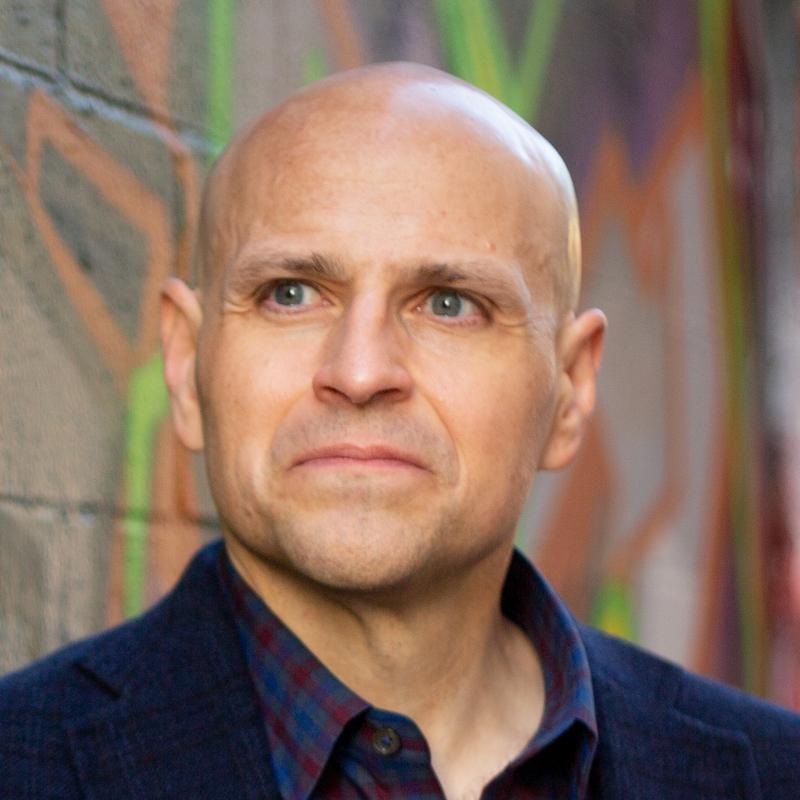
I enjoyed this interview with Hunter Walk about product management career paths. Hunter describes his journey toward an increasing recognition that “seniority and title—or who you managed—doesn’t necessarily translate into immediate impact on the product.”
I too recognized some years ago that I was happiest when I had the most direct impact on the product. In more senior roles (such as director and up in big companies), your product impact—counterintuitively—might be reduced. Sure, you have considerably more leverage across the organization, a more direct connection to senior executives, and more power when it comes to wielding resources. But day-to-day, the PMs who work for you are making the decisions that will determine the success or failure of the products. Your job is mostly about helping them, not the product.
This matters because at most companies the product management career path is on rails: toward expanding managerial responsibilities, general management, and eventually to becoming a CEO. Unlike in engineering where there is often a dual path that rewards individual contribution, the default assumption is that product managers want to become CEOs and should keep advancing. Some years ago I recognized that I wasn’t so interested in being a CEO, and that I wanted to stay as close to the metal as possible when it came to building products. I enjoyed mentoring other PMs, but not managing managers, nor the interdepartmental politics and endless meetings that result. It took me some years to find my perfect balance—for me it was having only 3-5 direct reports at the group product manager level at Google.
Ask yourself where you want to be in five years, and then in ten years. Will you be a CEO? A director? A founder? A general manager? Or still a product manager but with elevated scope and impact? You’re always free to change your mind, of course, but how you answer should shape how you approach the next several years of your career. You’ll be pushed toward general management unless you take steps to aim in a different direction.
CEOs and founders should also broaden the career opportunities they provide for their PMs. My hope is that as product management matures, companies will embrace a dual-ladder career track for PMs much as they do for engineers. This would give strong contributors an alternative to reluctantly moving into management. Letting people go where they’ll be happiest and contribute the most serves everyone.
As Hunter says, “Ultimately, if Google had created a product track that gave me a chance to influence the product’s future direction, without necessarily having to be responsible for three dozen people and the politics associated, maybe I would have moved into that role as opposed to leaving.”
Good Reads
“I think ultimately most companies will adopt more and more machine learning over time because it is going to be powerful and transformative for their business.” Check out this interview with the legendary Jeff Dean about ML at Google, TensorFlow, and the future of machine learning.
“The more powerful you are, the less you should assume you’re right.” That’s the advice from Stanford GSB professor Brian Lowery. “Think of [power] as fire. It’s useful, but it’s also dangerous.”
A day without meetings. How my GV partner John Zeratsky wiped, cleaned, and defragged his calendar.
If you want to know how the smartphone has affected the PC and tablet industry, you need only glance at the chart in this article.
